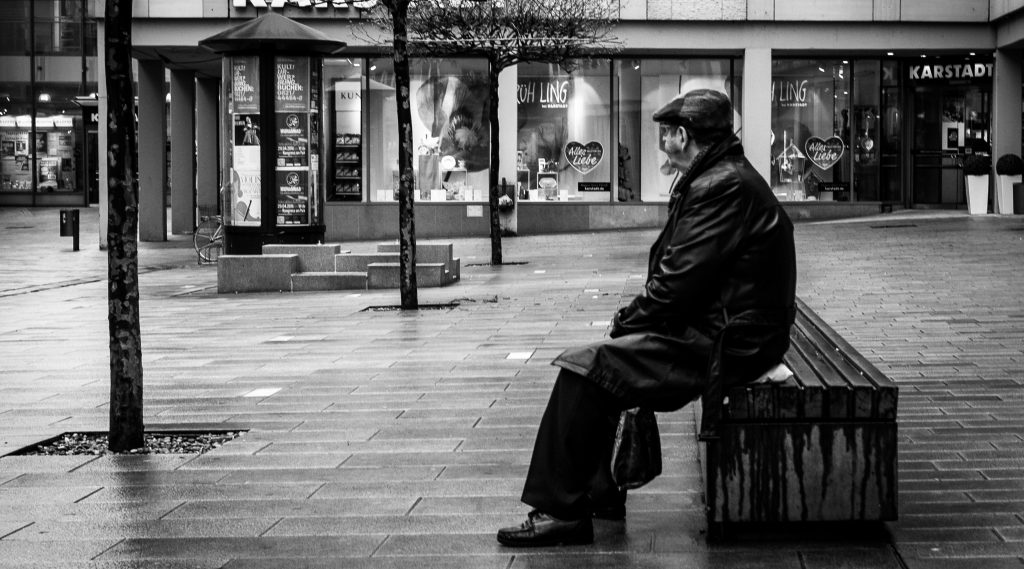It’s often said that we spend more time with our colleagues than we do with our families. Working people don’t think twice about the benefits of walking into work every day and being greeted by familiar faces, joining colleagues for lunch or a coffee break, or taking a moment for a chat as they walk by in the hallway. They also might not appreciate the value of feeling useful and needed by colleagues, customers or clients. If you find yourself unemployed — whether by choice (such as retirement), or through job loss or illness — you might have discovered that losing that social contact and the sense of purpose that comes with work can leave a painful gap, often becoming a barrier in and of itself toward moving forward to find another job.
With Britain’s recent decision to appoint a Minister of Loneliness, there has been a lot of discussion about isolation as a public health concern. Professor John Cacioppo, a neuroscientist who studied loneliness (and who sadly died recently at age 66), described it in The Lancet as “a condition that makes a person irritable, depressed, and self-centred, and is associated with a 26% increase in the risk of premature mortality,” where, “in industrialized countries around a third of people are affected (…) with one person in 12 affected severely.”
For those who are unemployed, isolation isn’t just a result of losing colleagues and a workplace. People who are not working often find themselves withdrawn from their existing social circles due to the stigma of unemployment, not being in the mood to socialize, or simply having to cut back on socializing because of increased financial pressures. In addition, job seekers often face ongoing and relentless pressure and judgments from family and financial demands to continually job search, which increases stress and reduces their willingness to engage in the kind of self-care necessary to avoid job search burn out. [Read more…]
